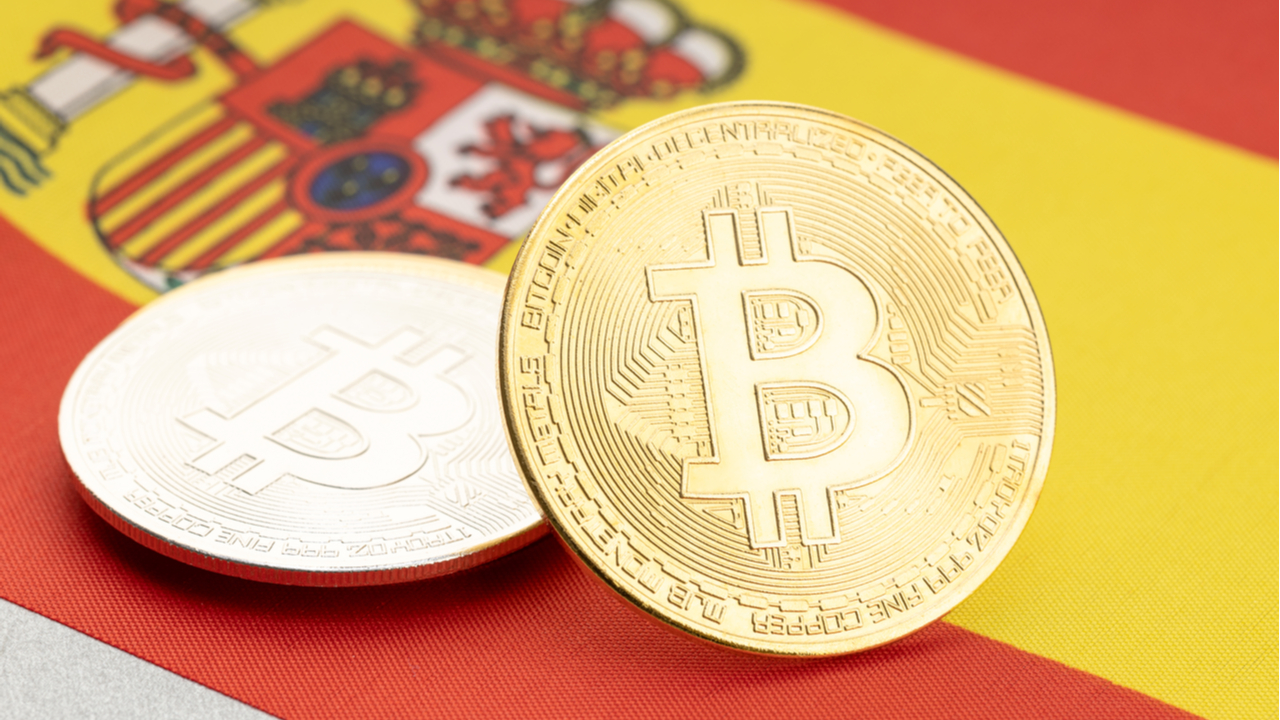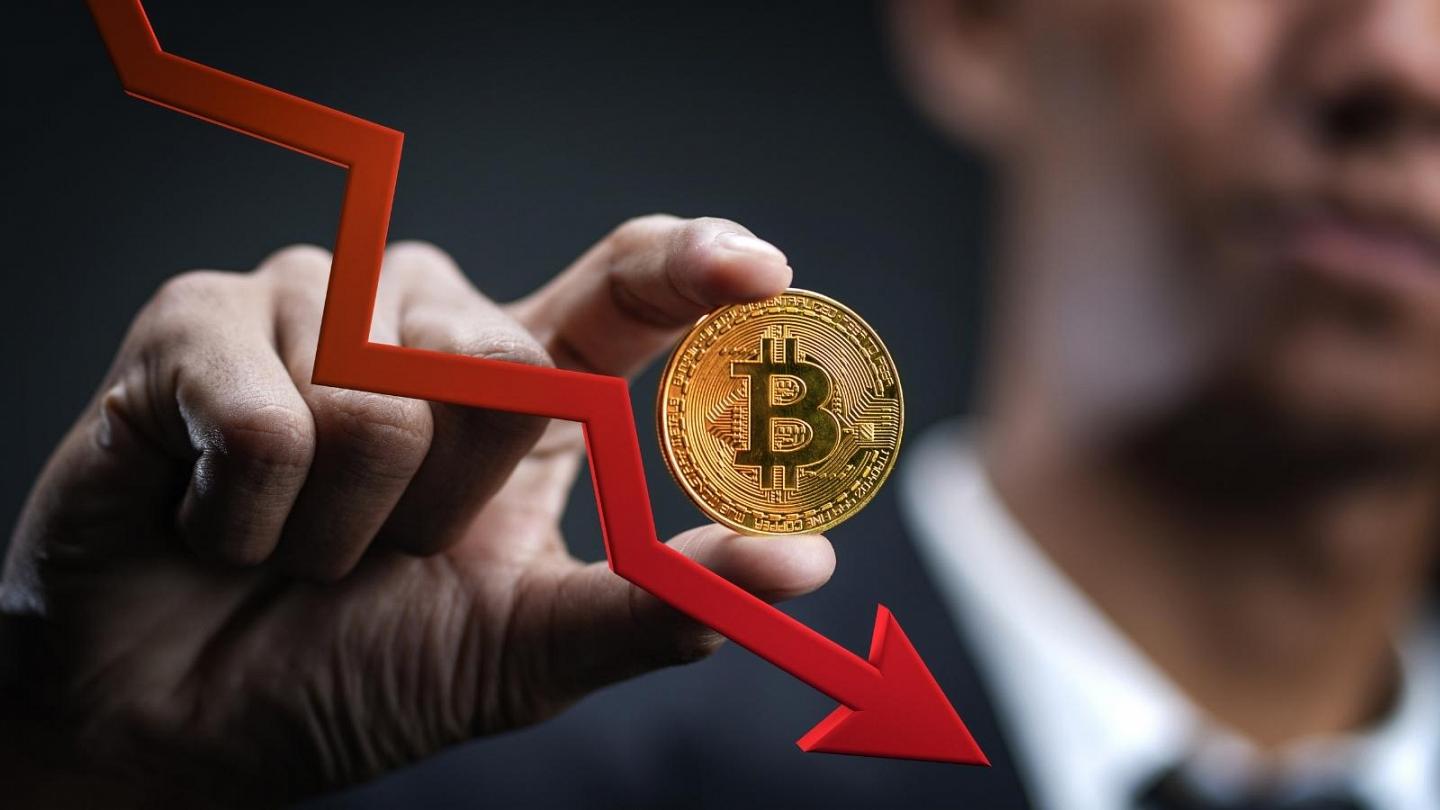
The Bank of Spain has already included 17 virtual asset service providers in its own registry, in which cryptocurrency exchanges and custody providers must be listed to operate, according to Spanish law. Three new companies were included last week, but big names in the crypto ecosystem are still not registered.
Bank of Spain Crypto Registry Reaches 17 Companies
The registry of virtual asset service providers (VASPs) of the Bank of Spain reached a number of 17 companies last week, with the inclusion of three more crypto businesses. The registry added several exchanges and custody companies June, including Jobchain España, Jobchain Austria, Criptan Trade, Eurocoin Broker, Lemacoin Crypto Solutions, Bitpanda, and Vottun.
The registry of these companies has accelerated in June, with most of the cryptocurrency exchanges registering being local companies that want to be sure they are compliant with Spanish laws. Since the bank opened its registry last year, it has added several crypto companies, starting with Bit2me, which was approved in February. The registry now includes C.R. Tecnología y Finanzas, Bitcoininforme, Bit Base, Blox, Trade Republic Bank, Globalstar Technologies, Onyze Digital Assets, Bitgo Deutschland, and BTC Direct Europe, apart from the companies mentioned above.
The crypto registry is mandatory for crypto companies to operate in the country, and was created in a change to a Spanish law that now requires crypto companies to follow certain guidelines to prevent money laundering and terrorism financing.
Big Names Still Missing
While the registry has been very successful with local companies, making them register their operations and implementing the compliance tools for money laundering purposes, the reception by bigger international exchanges has not been as successful. Names like Binance and other large exchanges are still out of the list and are part of a list of exchanges currently in regulatory limbo.
Binance, specifically, has been named in a gray list issued by the Bank of Spain that includes cryptocurrency exchanges operating in the country. The company was recently reprimanded by the CMNV, the securities watchdog of the country, that ordered Binance to stop offering cryptocurrency-related derivatives, including futures contracts, to Spanish users of its platform.
According to reports, the company is already in talks to be included in the crypto registry of the Bank of Spain, but it has still not been approved by the central bank.
What do you think about the progress of the crypto registry of the Bank of Spain? Tell us in the comments section below.








